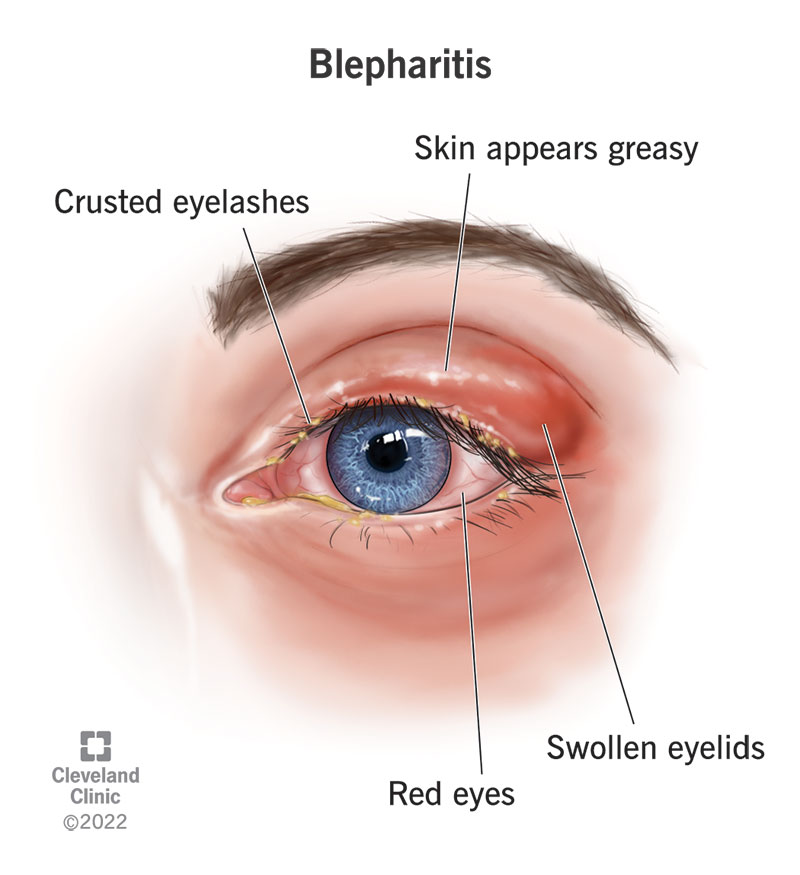All Categories
Featured
When it pertains to sunlight security, most individuals concentrate on securing their skin from unsafe UV rays. The effects of UV radiation on your eyes are equally vital yet typically forgotten. Long term direct exposure to ultraviolet (UV) rays can lead to numerous eye problems, several of which might result in long-term damages or vision loss. Whether you're outdoors on a sunny coastline or taking a stroll on an overcast day, understanding how UV rays impact your eyes and learning how to safeguard them is vital for keeping healthy vision.
What Are UV Rays and How Do They Effect the Eyes? UV rays are a type of unnoticeable radiation released by the sunlight. There are 3 types of UV rays:
UVA Rays: These penetrate deeply into the skin and eyes, adding to long-term damages. UVB Rays: These are extra extreme and can cause surface-level harm, such as sunburn or corneal damage. UVC Rays: These are one of the most unsafe yet are absorbed by the Planet's ambience and rarely present a straight hazard. Both UVA and UVB rays can damage numerous components of the eye, consisting of the cornea, lens, and retina.
Short-Term Impacts of UV Exposure. Also a short duration of intense UV exposure can hurt your eyes. A common problem arising from this is photokeratitis, usually referred to as "sunburn of the eye." Signs and symptoms consist of:
Uncomfortable or red eyes. Sensitivity to light. Excessive tearing. Temporary blurry vision. Photokeratitis is usually short-lived yet offers as a pointer of the instant threats of UV radiation.
Long-Term Results of UV Exposure. Collective UV exposure gradually can lead to several severe eye conditions, including:

Cataracts: UV rays accelerate the development of cataracts, a problem where the lens of the eye comes to be cloudy, causing vision problems. Cataracts are a leading source of blindness worldwide.
Macular Deterioration: The macula, a part of the retina in charge of main vision, can be damaged by long term UV direct exposure, raising the danger of age-related macular degeneration (AMD)
Pterygium: Usually called "web surfer's eye," this problem involves a growth of tissue on the white part of the eye, which can extend over the cornea and hinder vision.
Pinguecula: UV direct exposure can trigger yellowish areas to develop on the conjunctiva, leading to irritation and discomfort.
Skin Cancer Around the Eyes: The fragile skin bordering the eyes is highly vulnerable to UV radiation, increasing the danger of basic and squamous cell cancer.
Safeguarding Your Eyes from UV Damage. Fortunately is that safeguarding your eyes from UV radiation is easy and efficient. Right here are some necessary suggestions:
Wear UV-Blocking Sunglasses. Pick sunglasses that block 100% of UVA and UVB rays. Try to find labels showing "UV 400" protection. Wrap-around styles supply additional protection, avoiding UV rays from going into from the sides.
Make Use Of a Wide-Brimmed Hat. A hat with a wide brim can obstruct almost 50% of UV rays, offering added protection for your eyes and the delicate skin around them.
Prevent Top Sunlight Hours. UV rays are greatest in between 10 a.m. and 4 p.m. Decrease your outside direct exposure throughout these hours, or guarantee you're sufficiently protected if you need to be outside.
Secure Your Eyes Year-Round. UV rays exist year-round, also on gloomy or snowy days. Snow, sand, and water can show UV rays, intensifying their impacts. Make sunglasses a component of your daily routine, no matter of the period.
Consider UV-Blocking Contact Lenses. Lots of get in touch with lenses currently provide UV defense, which can be an added guard when coupled with sunglasses.
Urge Eye Protection for Kids. Kid's eyes are a lot more susceptible to UV damages since their lenses are more clear, allowing even more UV light to reach the retina. Guarantee they put on sunglasses and hats when playing outdoors.
Schedule Regular Eye Exams. Normal sees to an eye treatment expert are crucial for checking your eye health. An optometrist can detect very early indications of UV-related damages and suggest remedies, such as prescription sunglasses or UV-blocking glasses customized to your needs.
Verdict. UV rays might be unseen, but their impact on your eye wellness is very genuine. From temporary discomfort to lasting conditions like cataracts and macular degeneration, the dangers of UV direct exposure are also considerable to disregard. By using UV-blocking sunglasses, limiting your exposure throughout height hours, and scheduling regular eye exams, you can safeguard your vision and take pleasure in the outdoors securely. Bear in mind, your eyes are one of your most important possessions-- take the necessary steps to protect them from dangerous UV rays today.
Latest Posts
Specialist Industrial Roofing Solutions in North Platte, Nebraska
Explore Budget-Friendly Auto Repairs with Montclare’s Monthly Service Specials
Find the Greatest Auto Repair Discounts in Montclare, Chicago